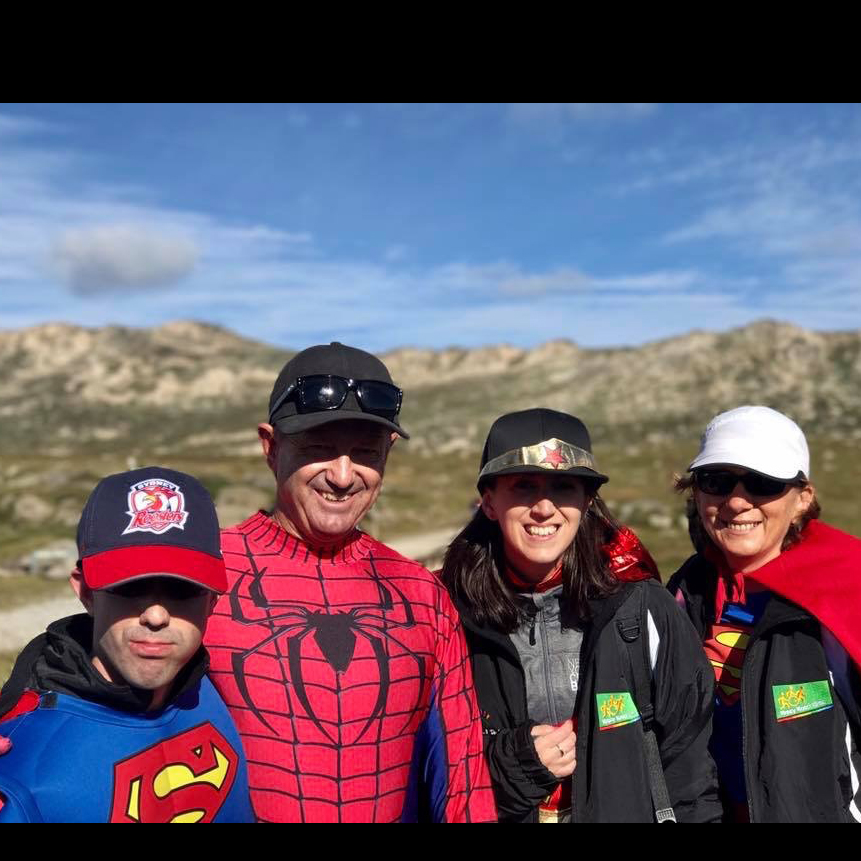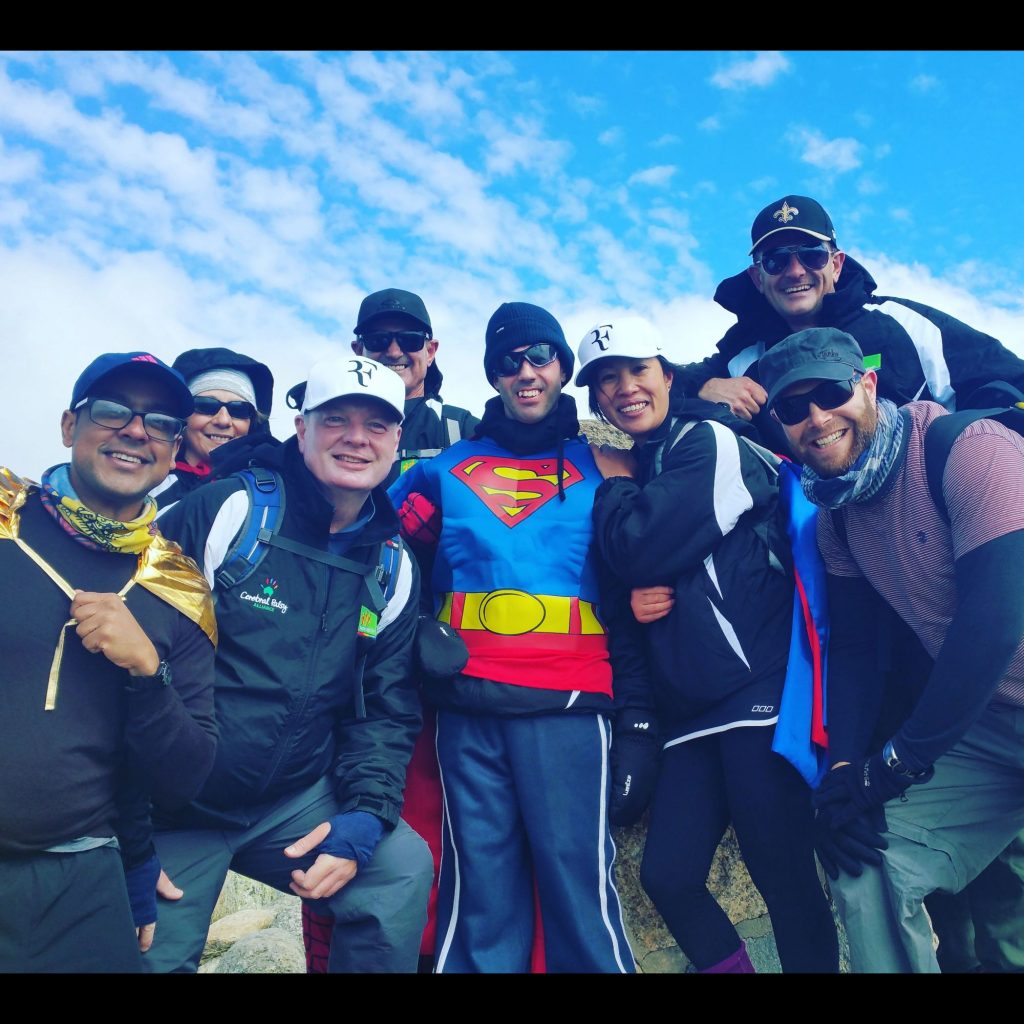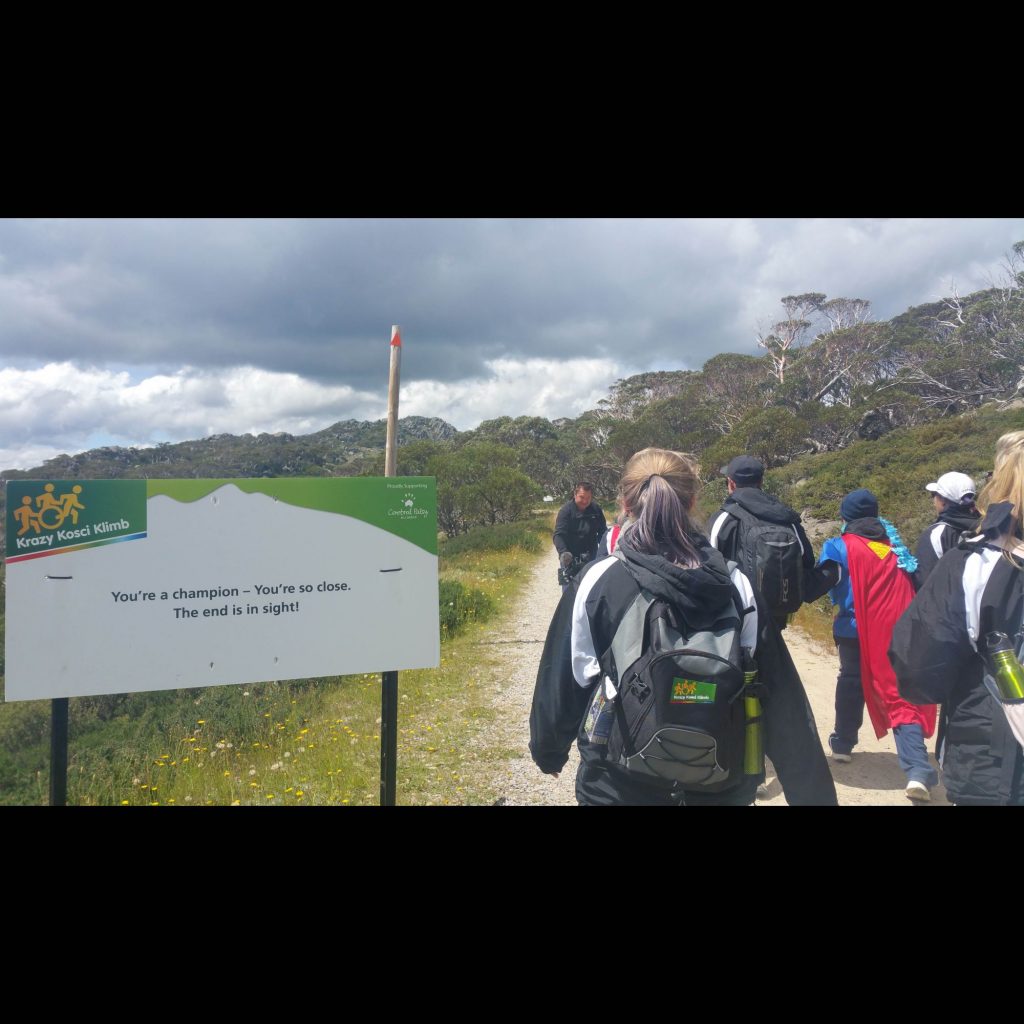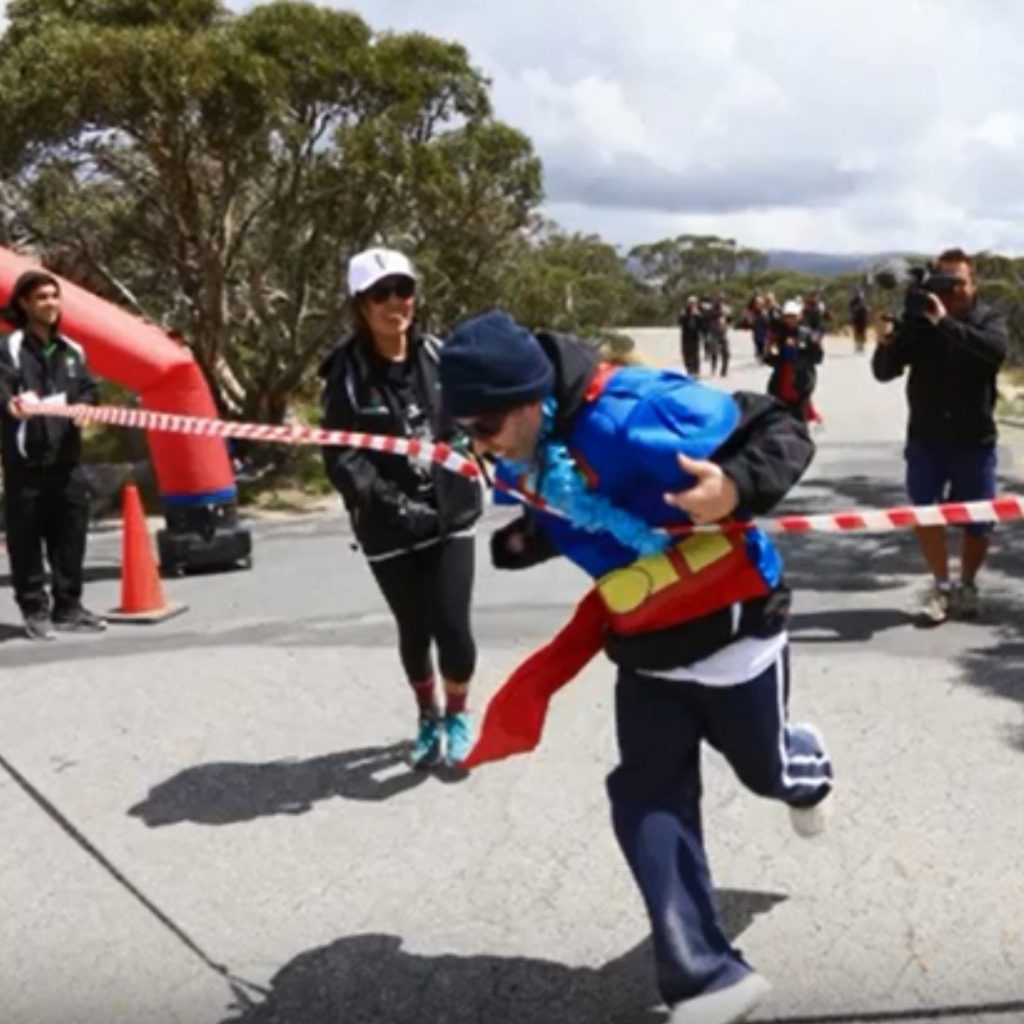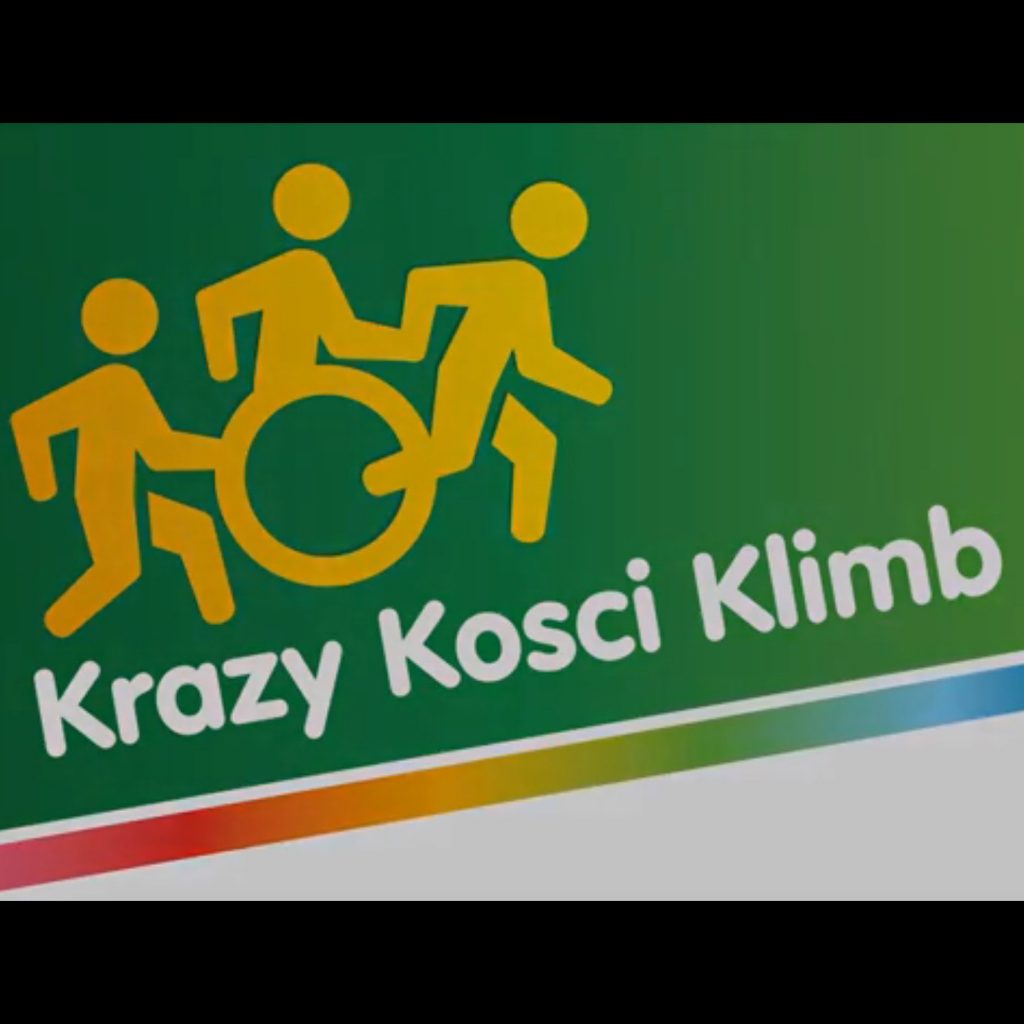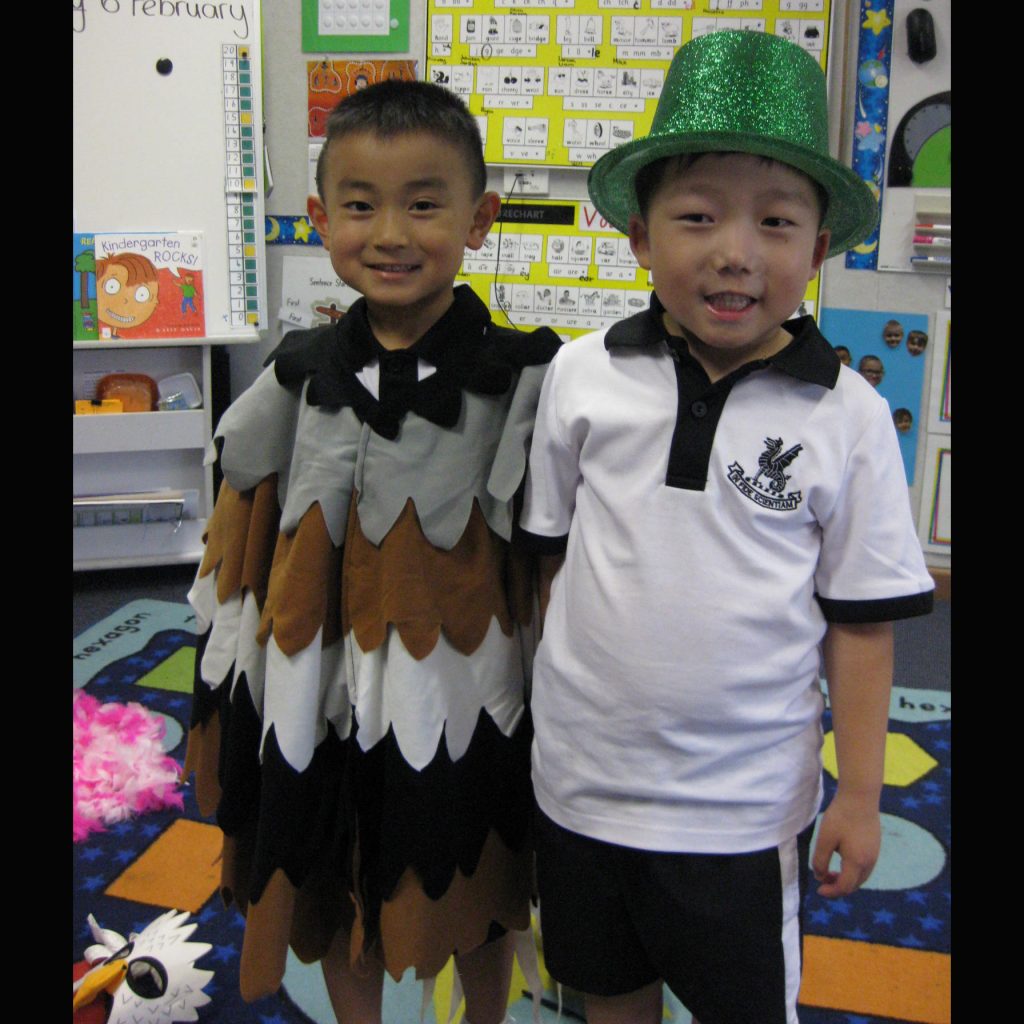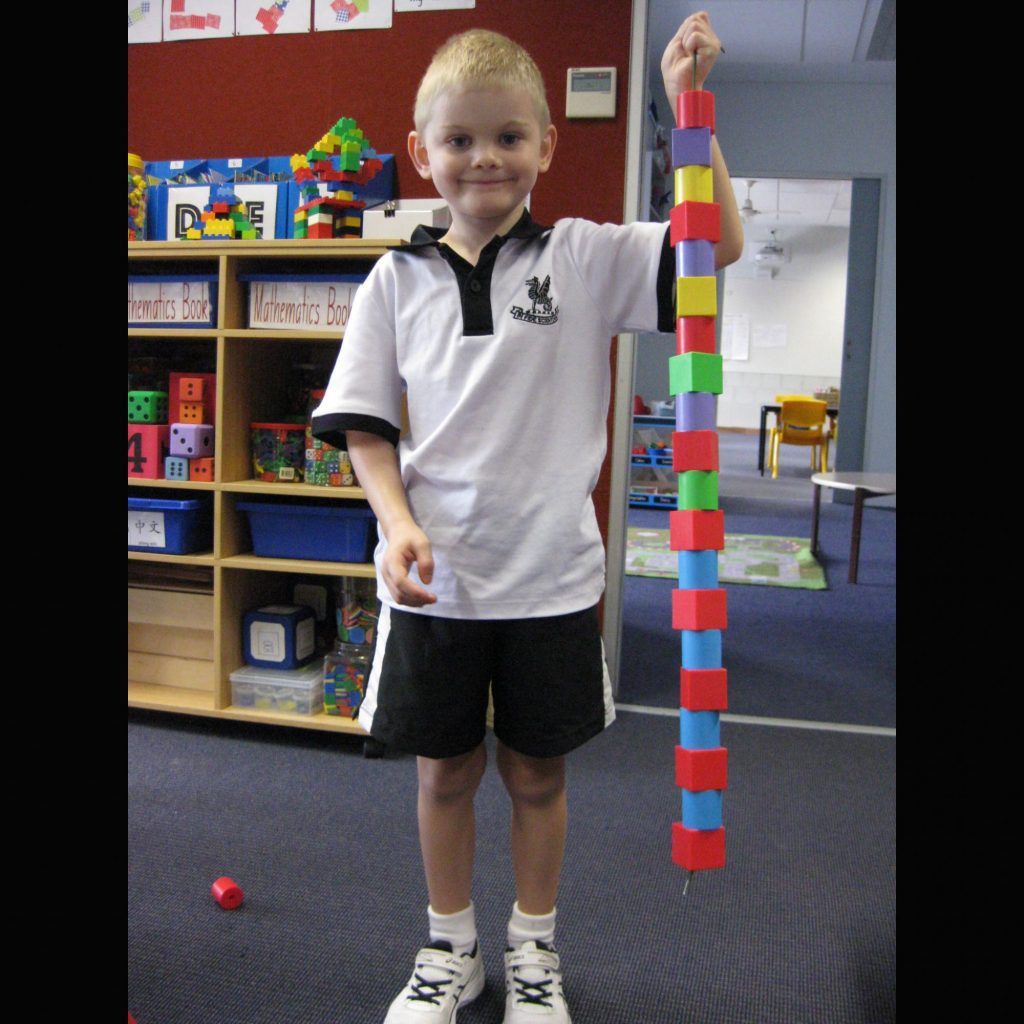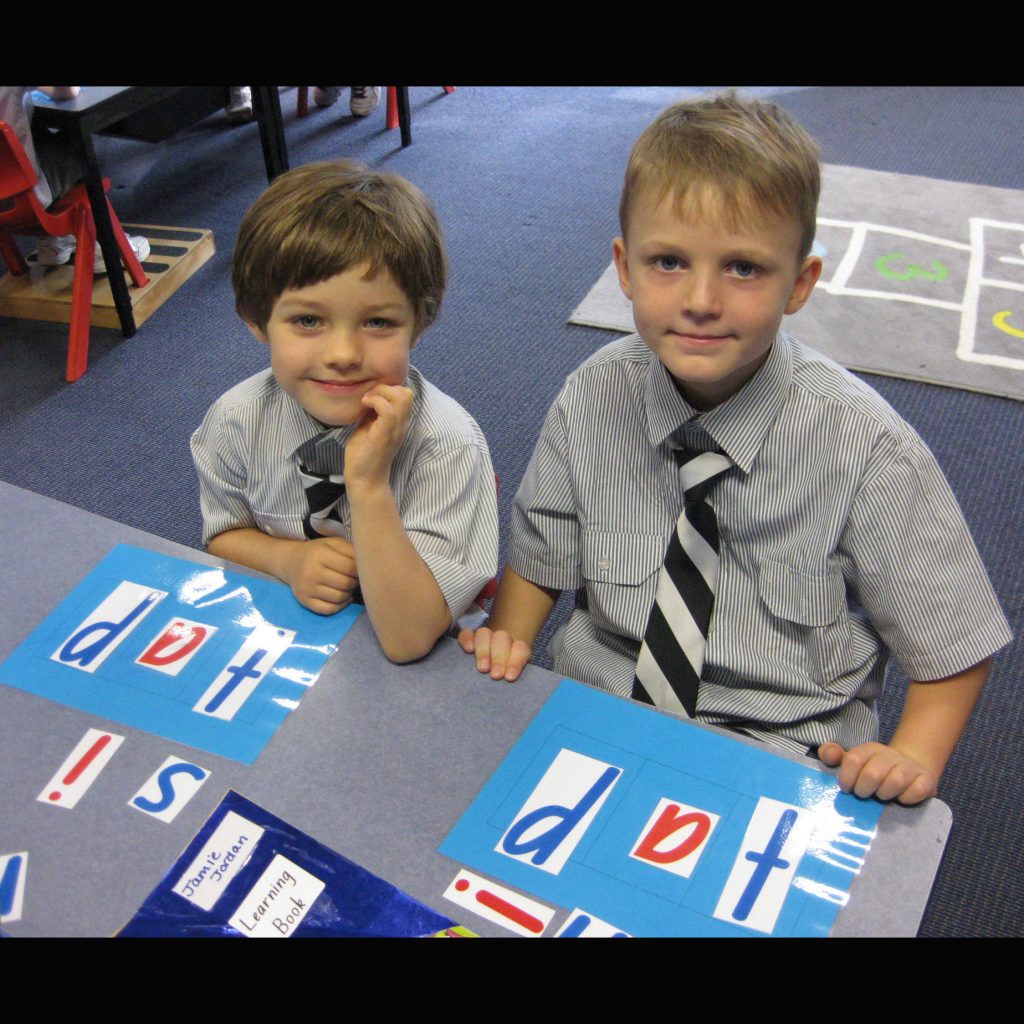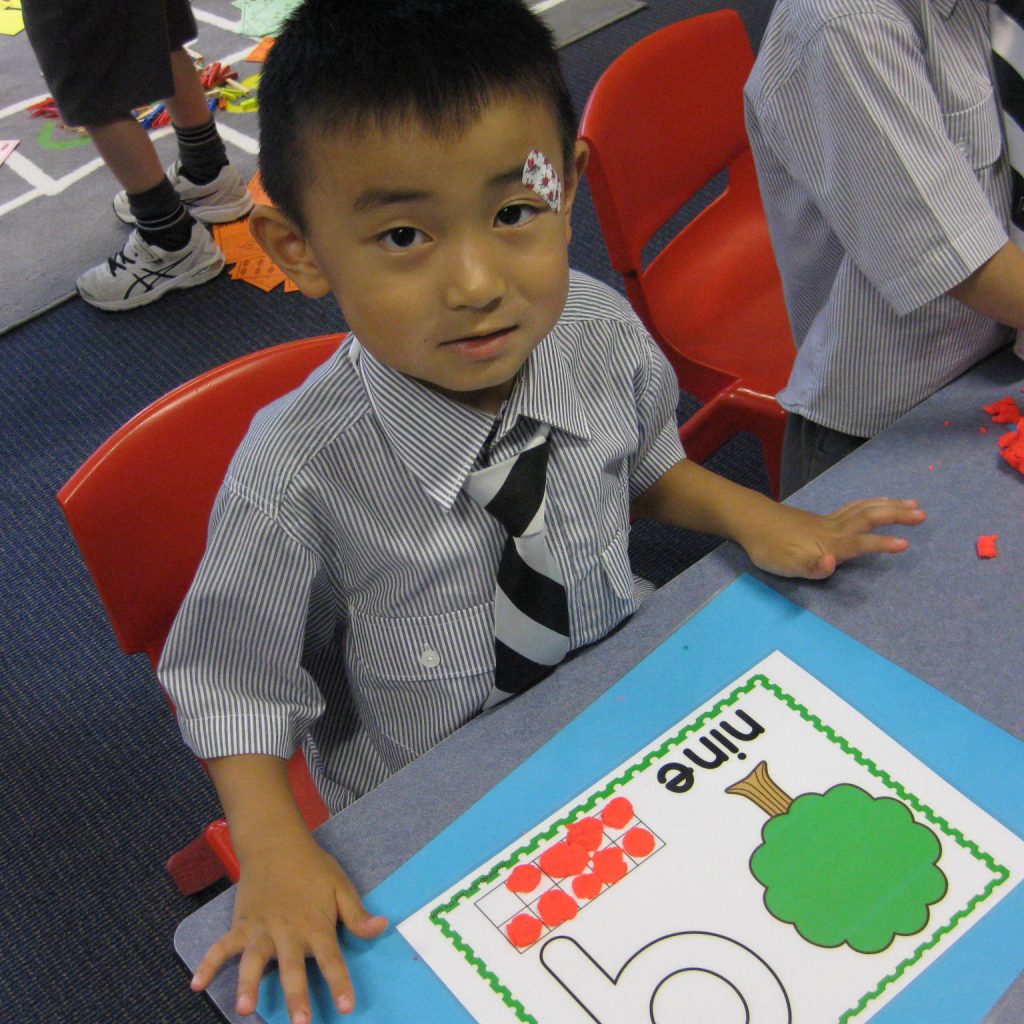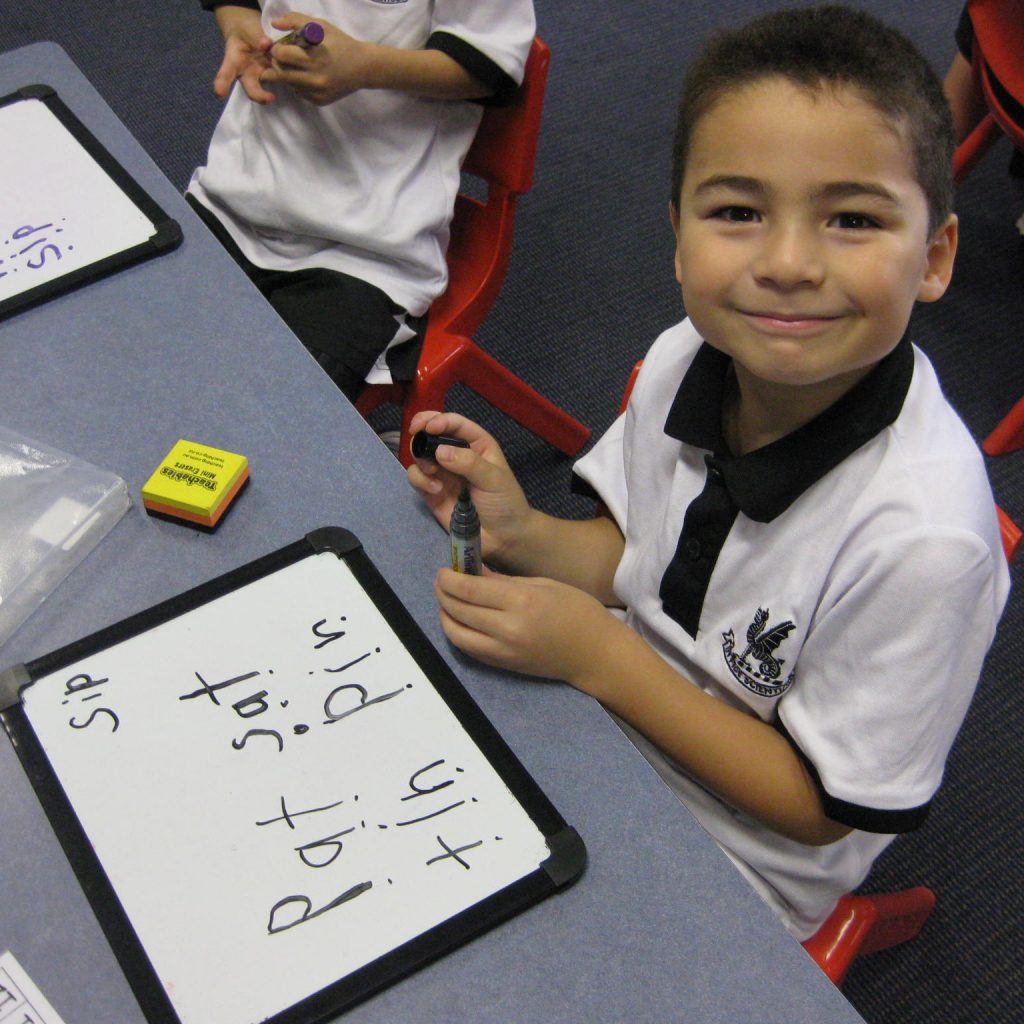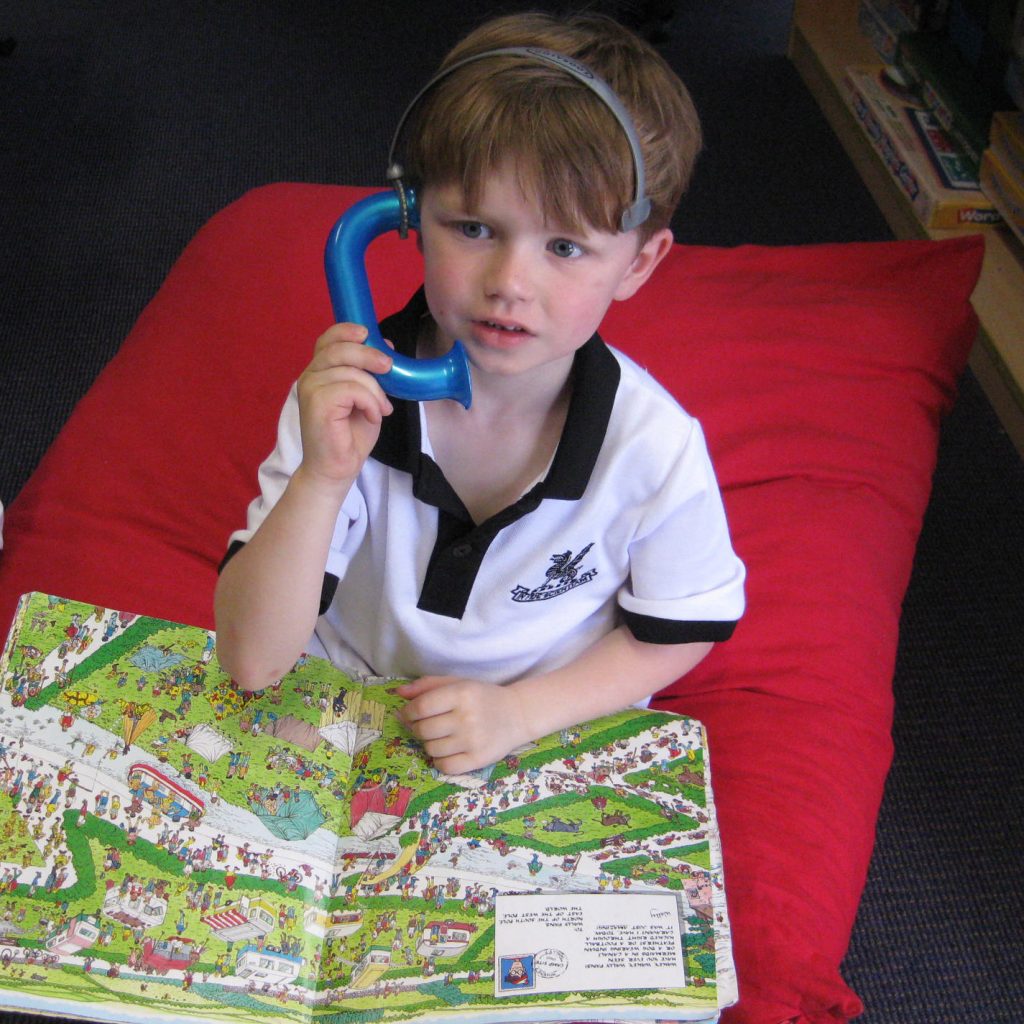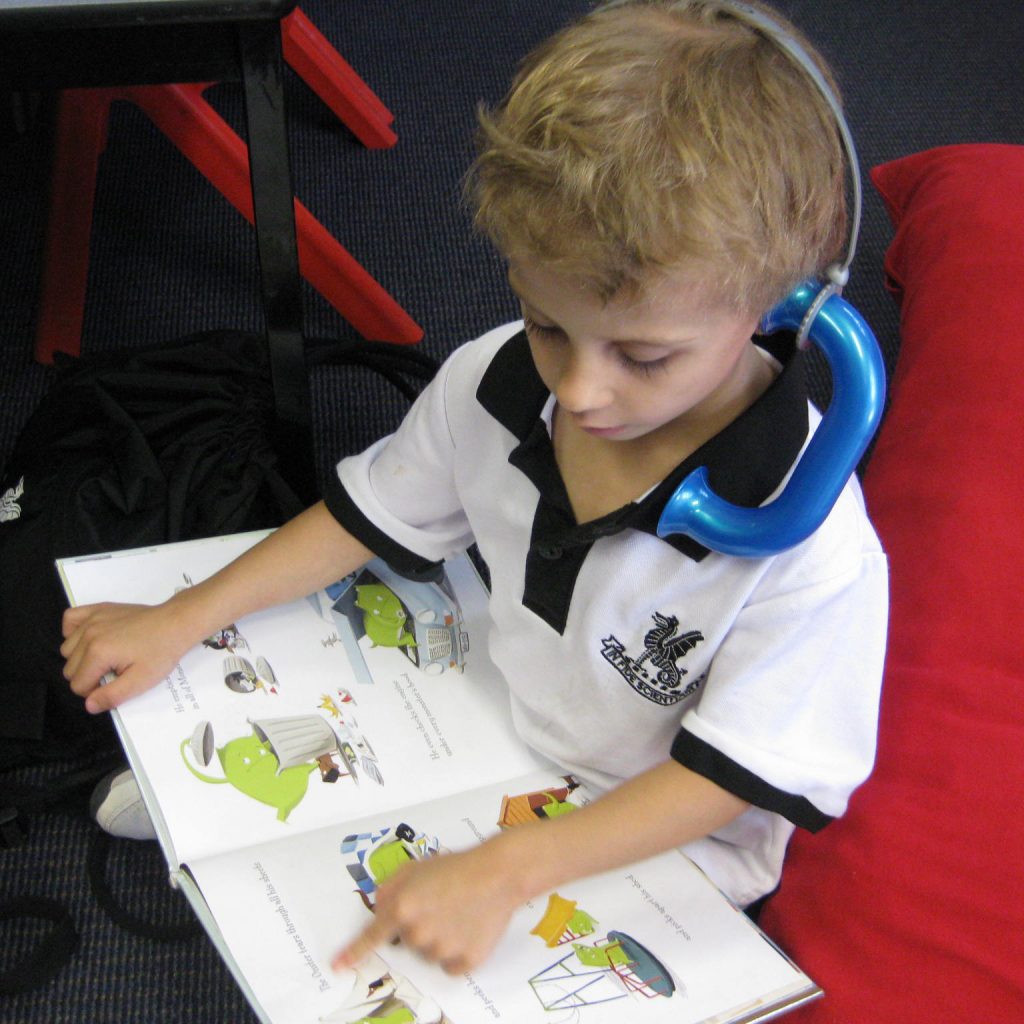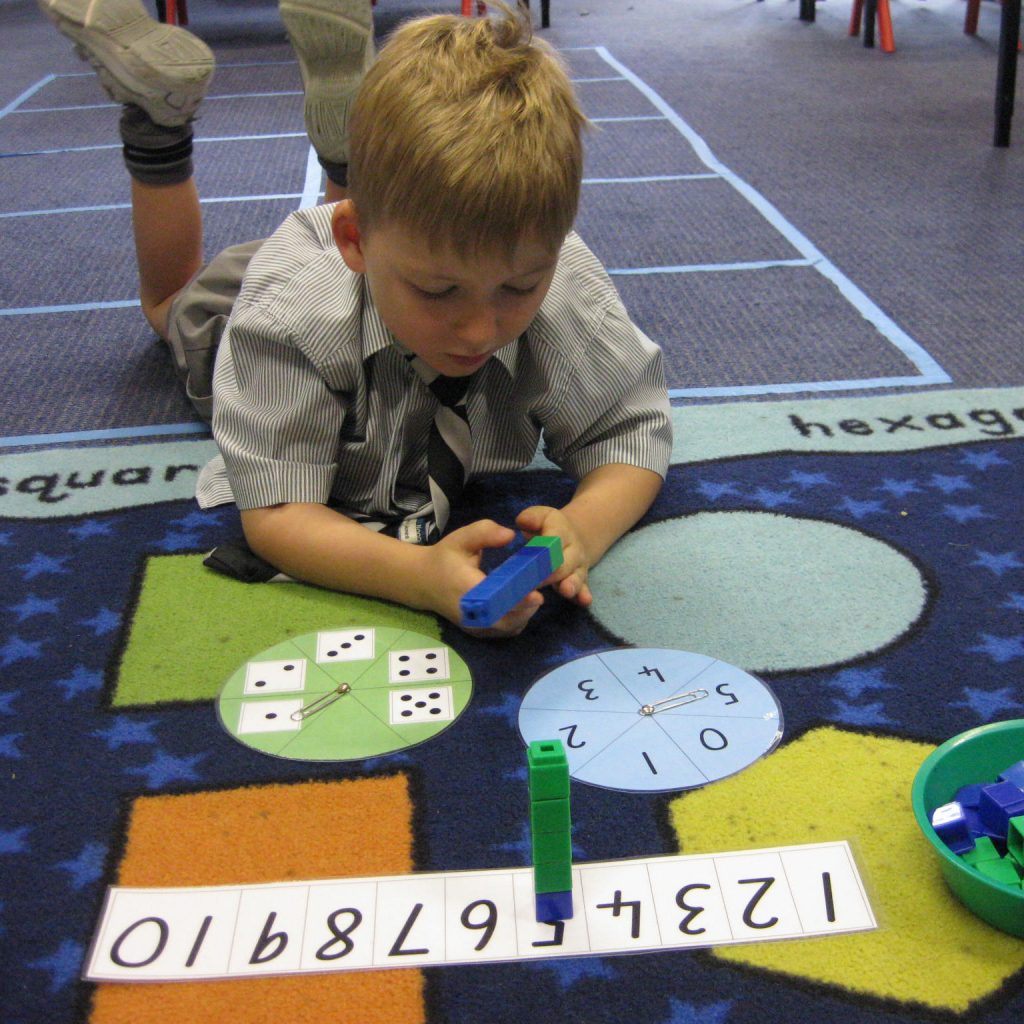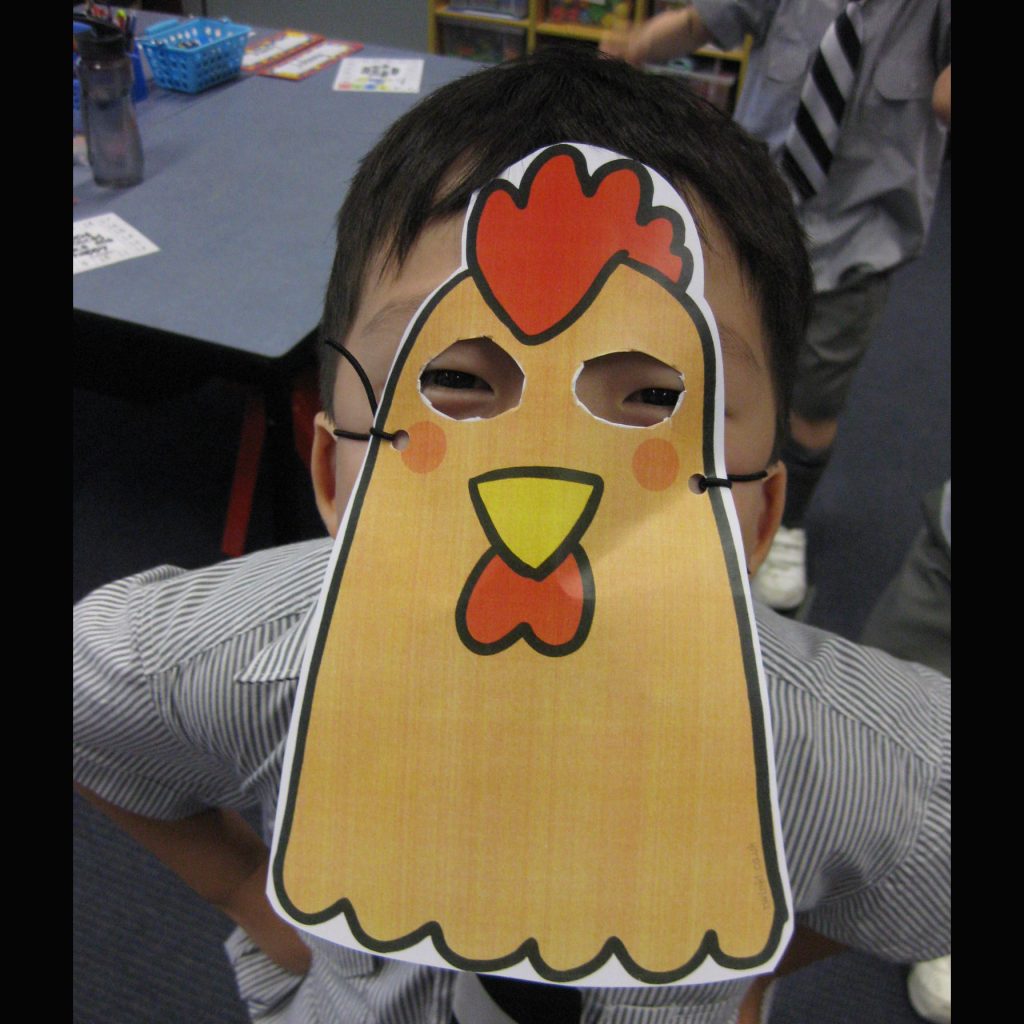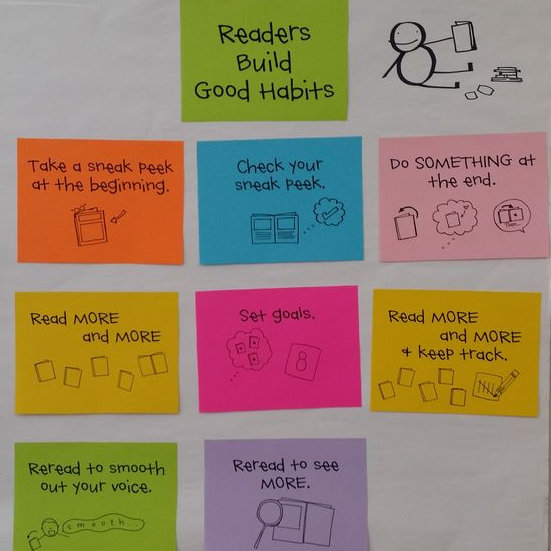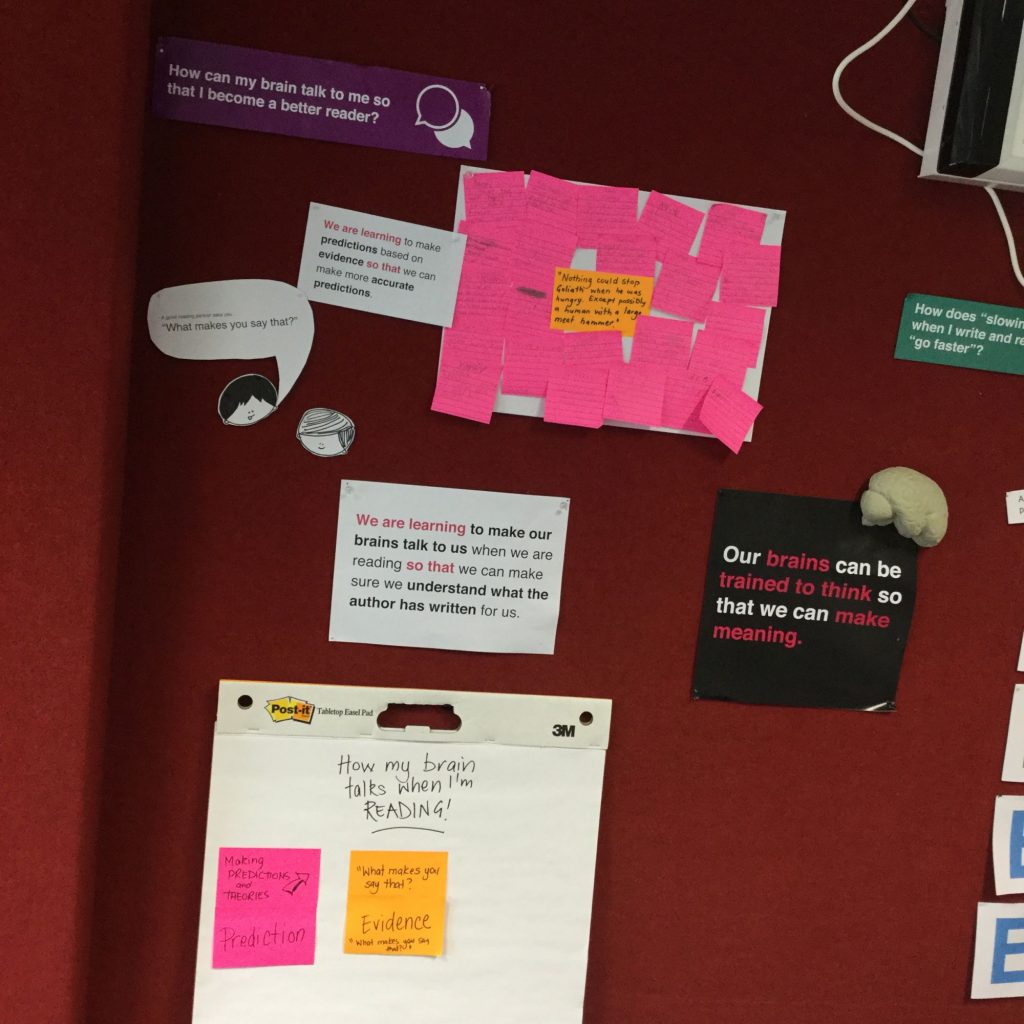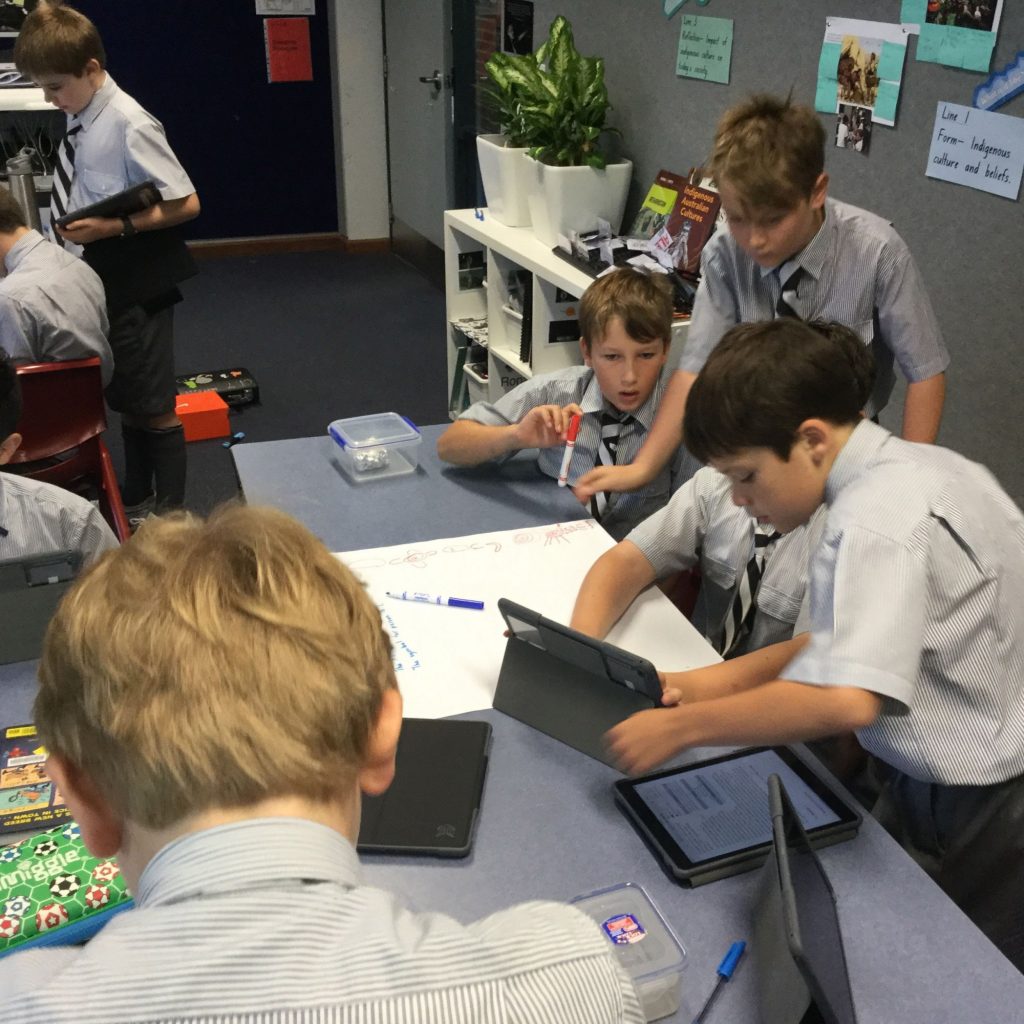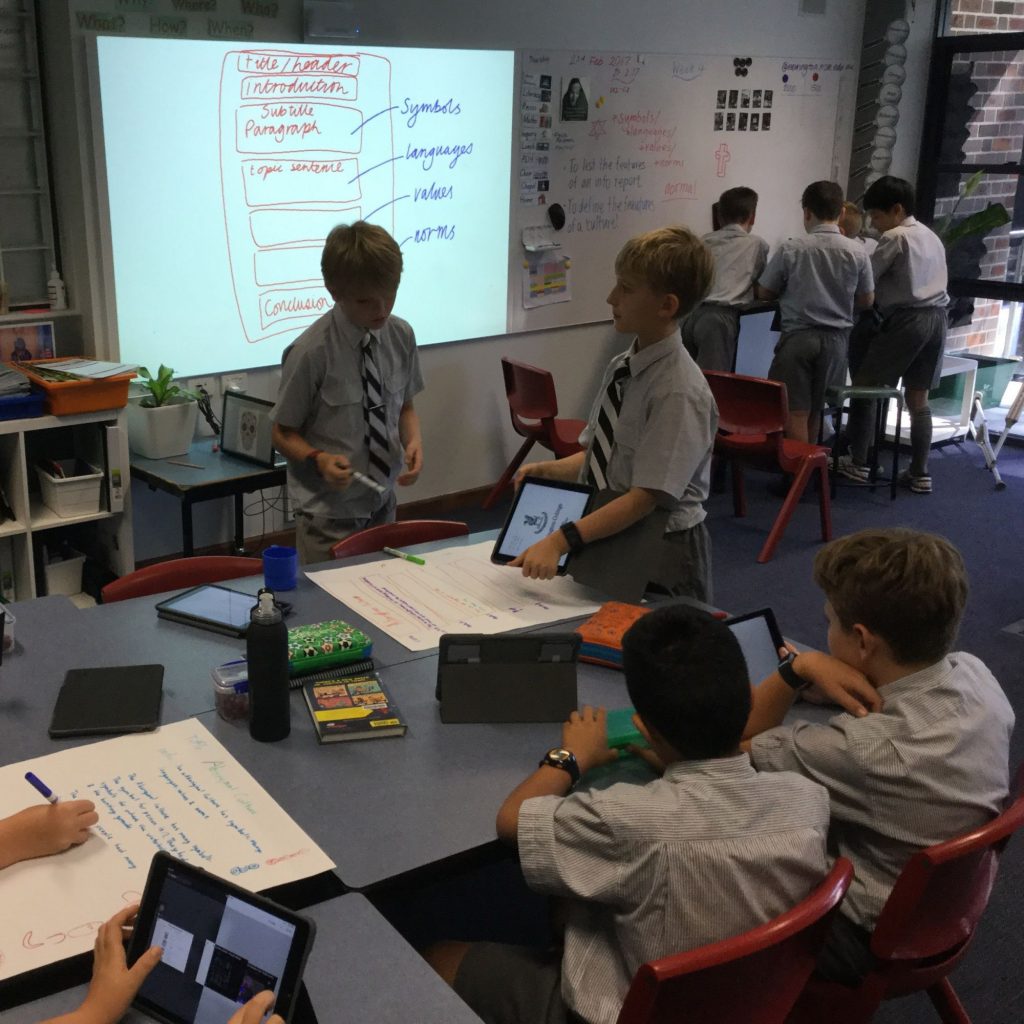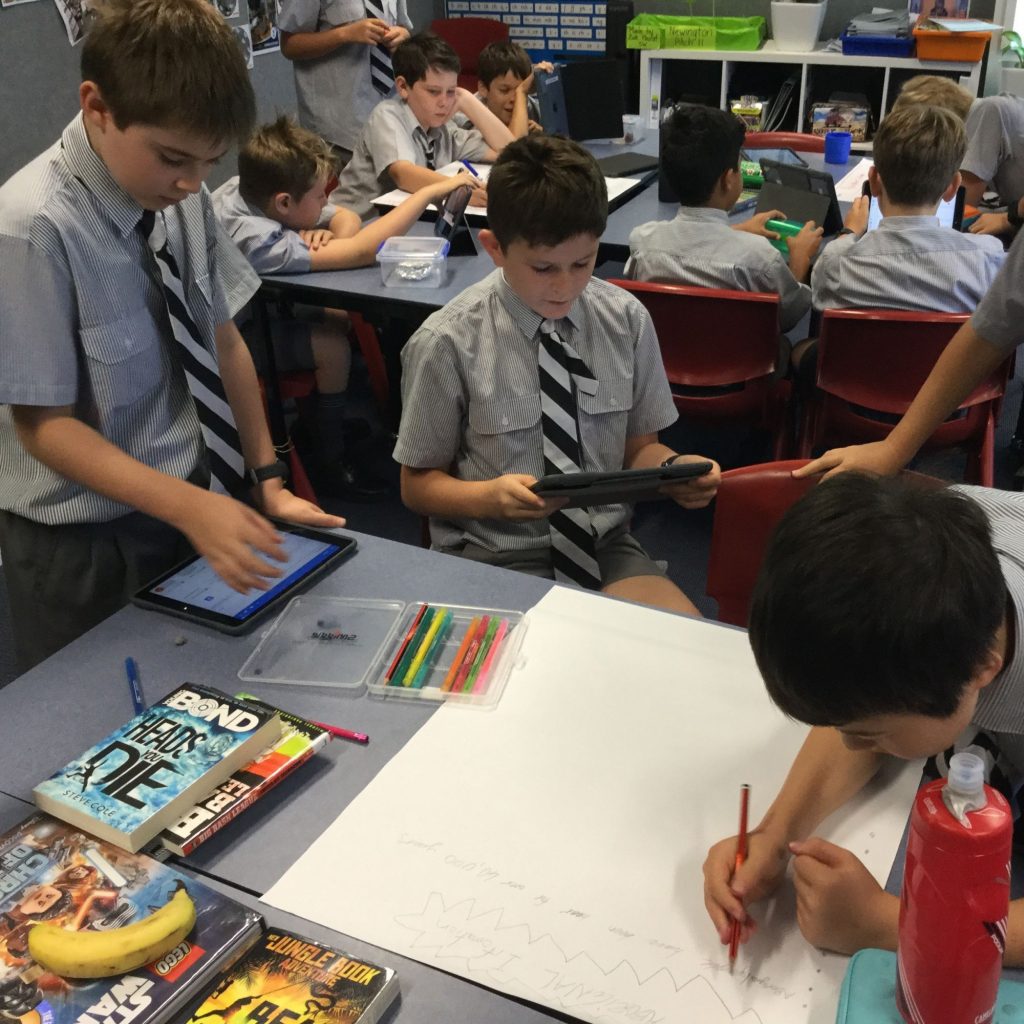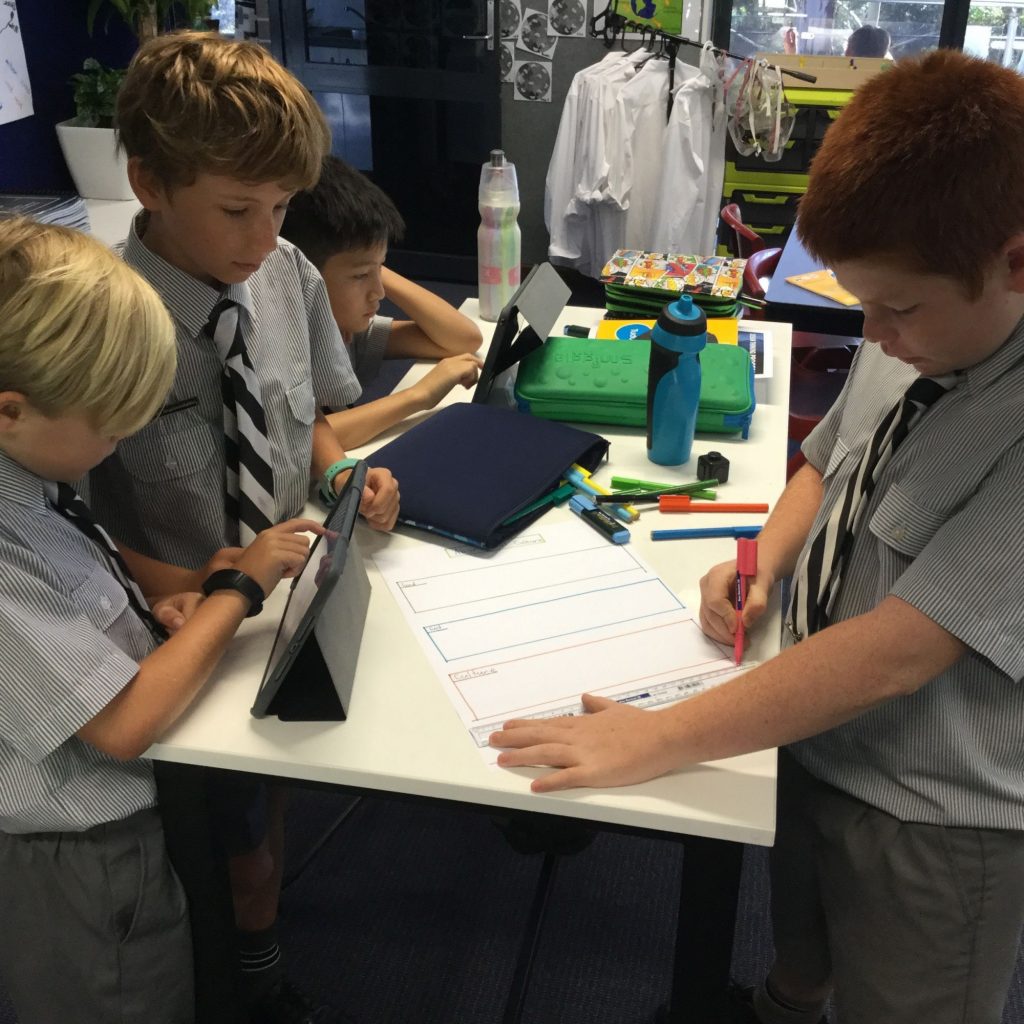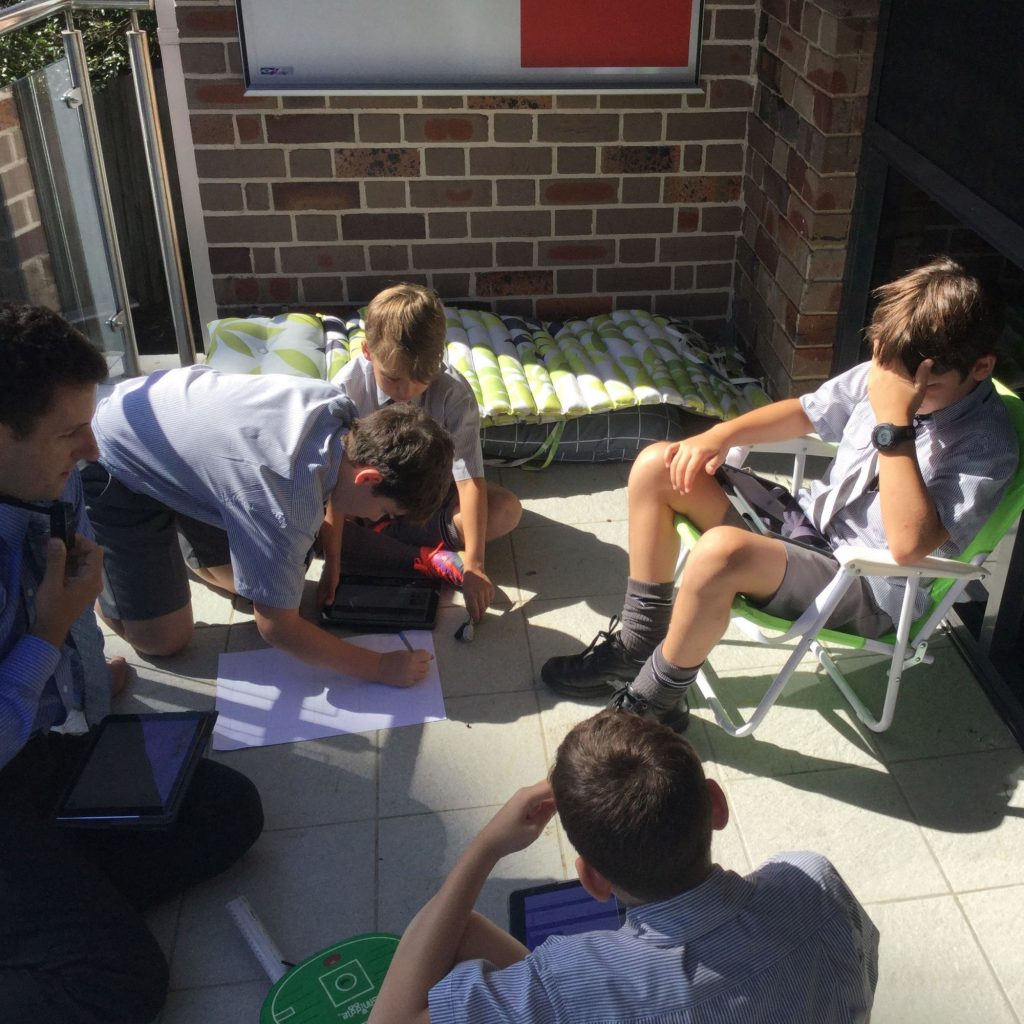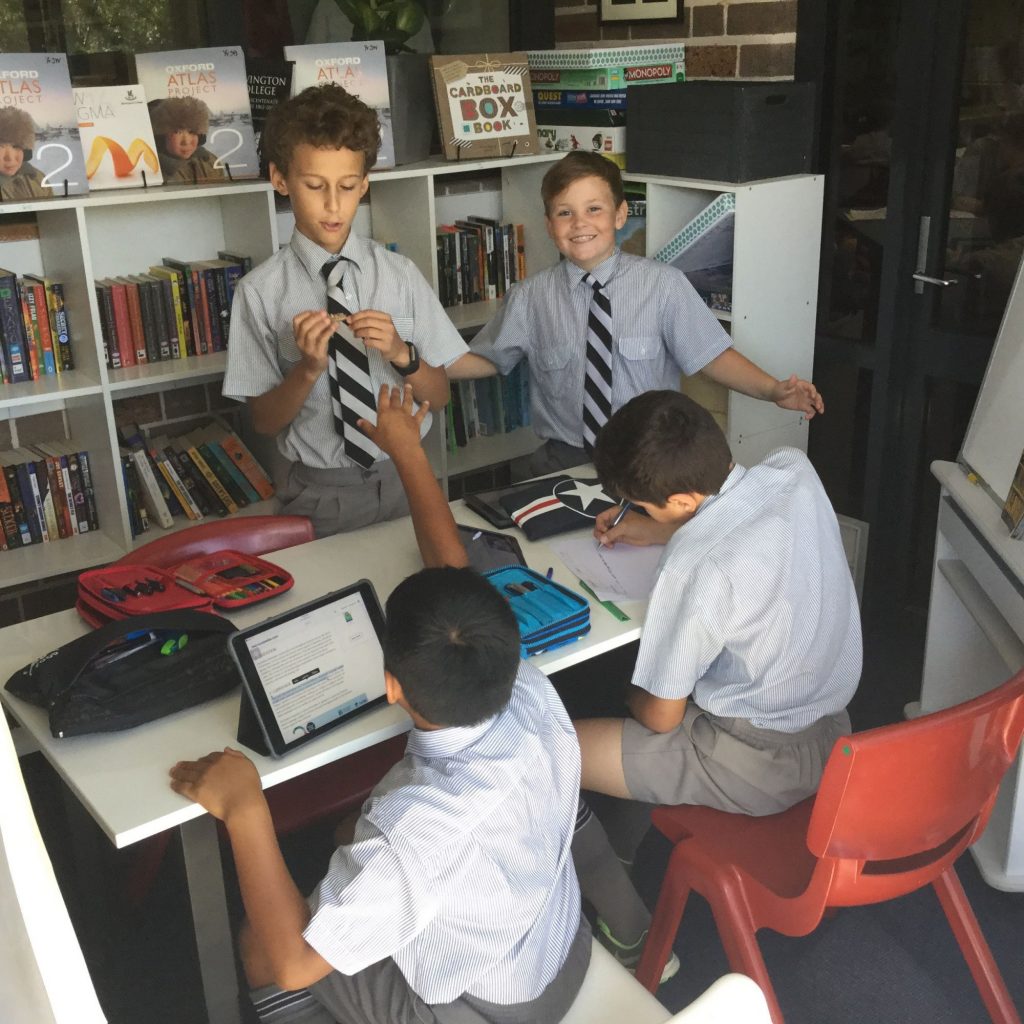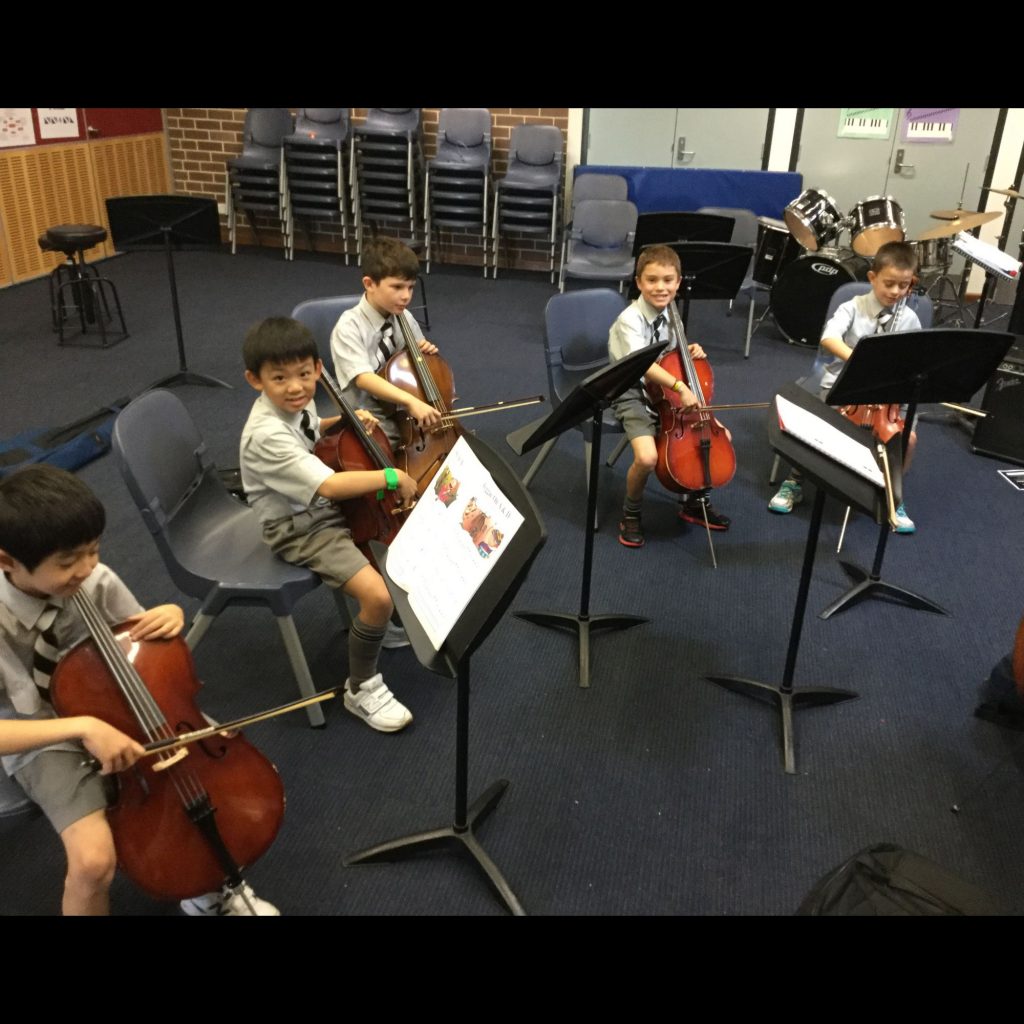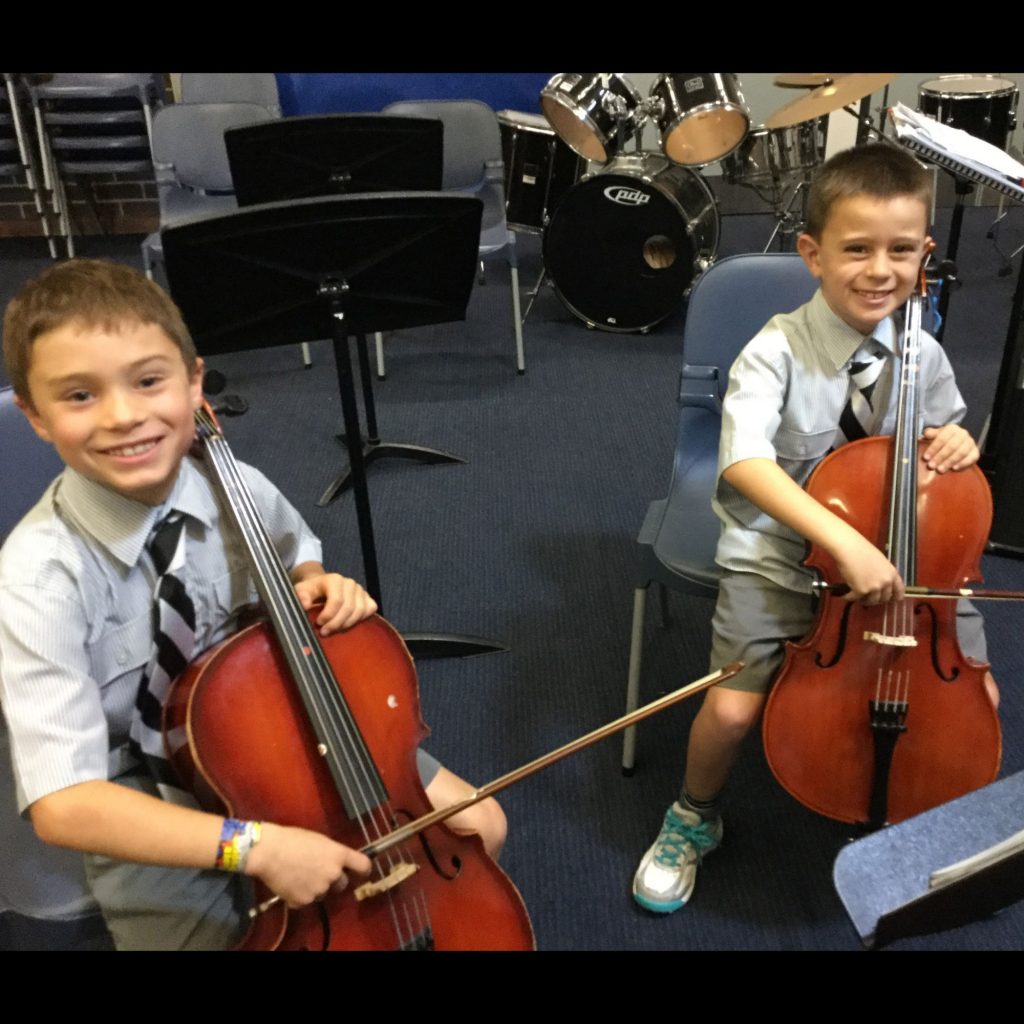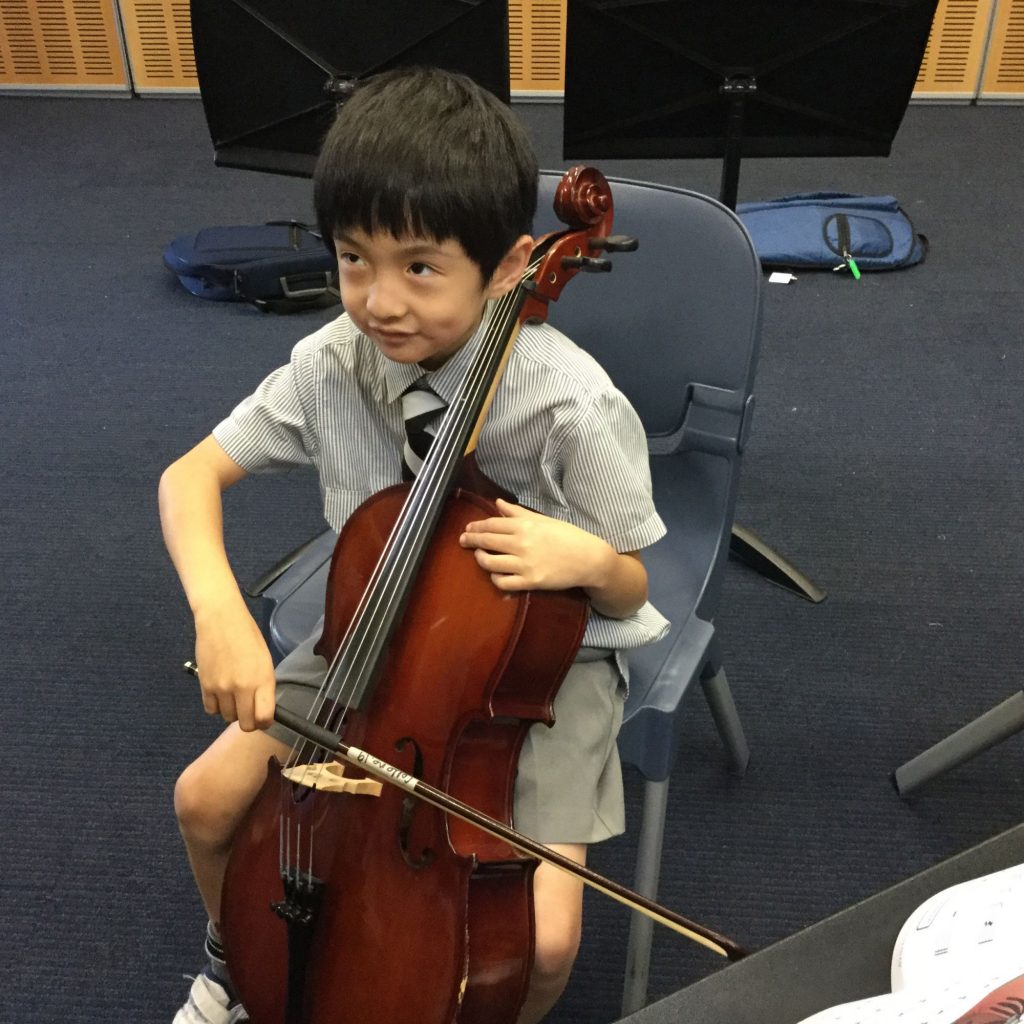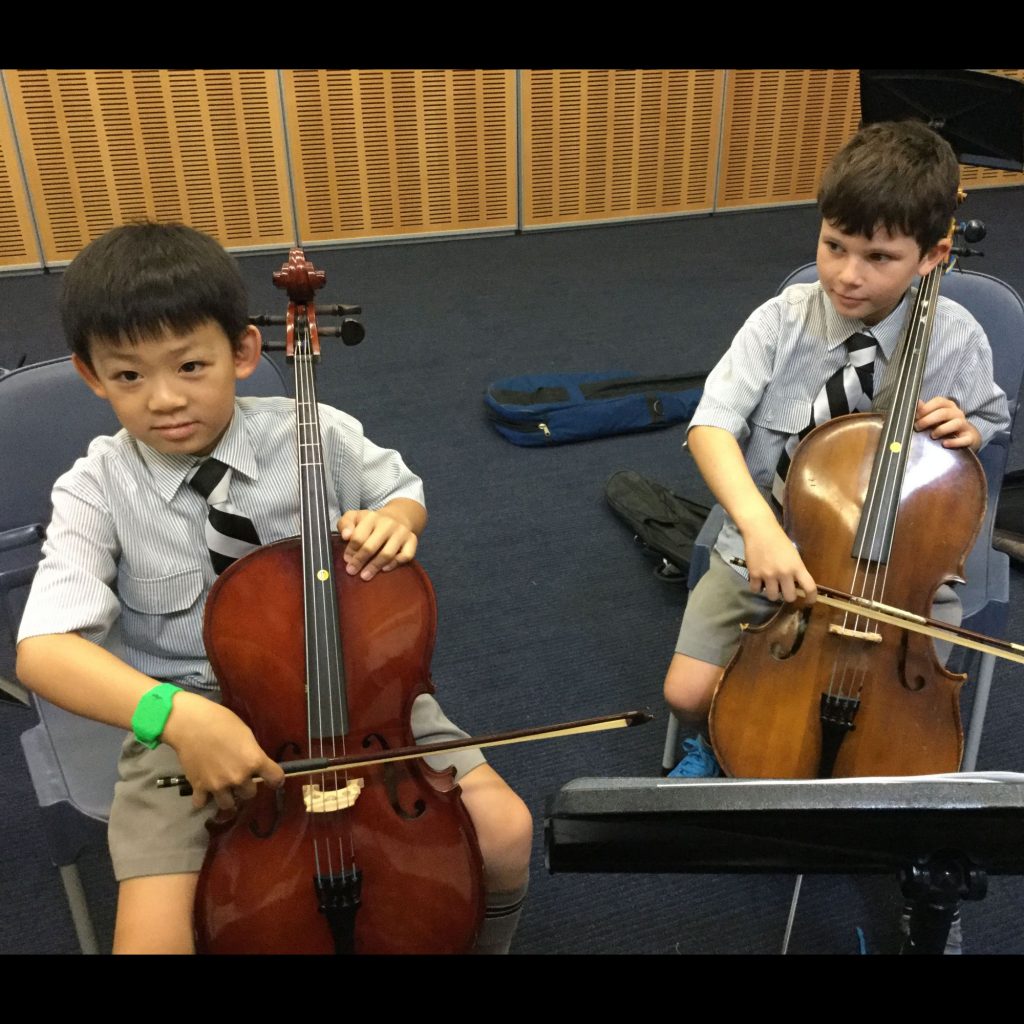A Message from the Head of Lindfield
The Future
I recently read an article by Gary Marx where he lists ten realities faced by educators and wider society. They are set out below and I have commented on where I see this impacting our boys, our community and the school.
- Every institution is going through a reset.
What is the new normal? I spoke last Monday night at the P and F meeting about the PYP, flexible learning environments and the movement by universities away from the simple use of the ATAR score to judge university entry in the future. There are certain elements of education that will always remain fundamental to what we do at Lindfield, namely a strong focus on literacy and numeracy, a values based education and a focus on inclusivity and social justice. The teaching and modelling of soft skills, technology integration and new ways of doing is essential to develop the problem solving, the creativity and the collaborative skills needed for our boys to participate successfully in the world around us.
- Lifelong learning is available any time, any place, any way, and at any pace.
We are no longer reliant on traditional sources of information and on others for our learning. Getting information is not the issue, being able to filter, discern quality information and use information to make informed decisions is the goal for our boys. In a time of ‘alternative facts’, we need to equip our boys with the attributes to think critically for themselves. As adults you are all life-long learners and this will continue throughout the lives of our boys as well.
- Everything that happens in the world has implications for education.
Education is changing to match the changes in the world around us. It is the most exciting time to be an educator. The learning and teaching direction at Lindfield is based on the vision and values of the school, coupled within the strategic priorities as identified by the various stakeholder groups in the strategic priorities. Our methodology is backed by research, and our learning and teaching evolves as we understand what is possible.
- The future is in school today.
Kindergarteners who entered school this year will turn 65 in 2077 and 88 in 2100.
- People entering the workforce today can expect to hold up to eleven jobs and go through several career changes during their working lives.
- If we don’t constantly take the initiative to create the education system we need, someone else will.
Unfortunately, education is a political football. ‘Getting back to basics’ is the often repeated catch phrase of politicians. The basic education foundations are clear and we have a very strong emphasis on working with all our boys to achieve their potential in these areas. We also strongly believe in a values based education and an education that will enable our boys to be able to negotiate the many new social, work and environmental paradigms of our time. We work to develop attitudes and skills to allow them to be responsive to the many different contexts they may encounter. Educationally we cannot keep doing the same thing we have been doing and expect to equip our boys for tomorrow.
- If we manage our diversity well, it will enrich us. If we handle it poorly, it will divide us.
The richness of our community is defined by the sum of the experiences, cultures, religions and beliefs of the families within it. We are a Uniting Church school that welcomes boys from all types of families, from all faiths, and from many different backgrounds. We hold strong beliefs that all our lives are enriched by the diversity of families in our school. We believe in unity in diversity.
- Inequity will increasingly be seen as unfair, unconscionable, and unsustainable.
We have a moral responsibility to help others less fortunate than ourselves. Equity is not about giving everyone the same, it is about giving all people what they need in order for them to be productive and engaged members of the community. This is why we have a focus on differentiation and we teach our boys in different ways in order to meet their different needs.
- Polarization is standing in the way of progress.
Part of the stated aims of the IB Mission is to encourage ‘life-long learners who understand that other people, with their differences, can also be right’. We want our boys to realise that bombastic rhetoric which garners much media attention and the us/them, win/lose mentality is not effective in a functioning global society. At Lindfield there is a focus on empathy, respect, listening to others and looking for ways to understand that there are multiple perspectives on issues that we face in the world around us today.
- Future-focused thinking is essential if we hope to prepare students for life in a fast-changing world.
Educators and boys need to be creative, imaginative, curious, optimistic, visionary, active listeners, conceptual, and problem-solvers. We cannot educate the way we as parents and adults were educated and expect our boys to thrive in the wider world.
It takes courage to do things differently and parents and schools often default to the traditional ways of learning, as this is what a standardised test is designed to measure.
At Lindfield, if we only did this, we would be doing our boys and our families a great disservice. Our role is to provide an outstanding values based education that enables our boys to develop their passions, fulfil their potential and have the confidence, skill set and dispositions necessary to thrive in an exciting and constantly changing world.
“The Future Is Now: Ten Realities for Educators and Communities” by Gary Marx in Principal, January/February 2017 (Vol. 96, #3, p. 32-35), no e-link available
Ben Barrington-Higgs






